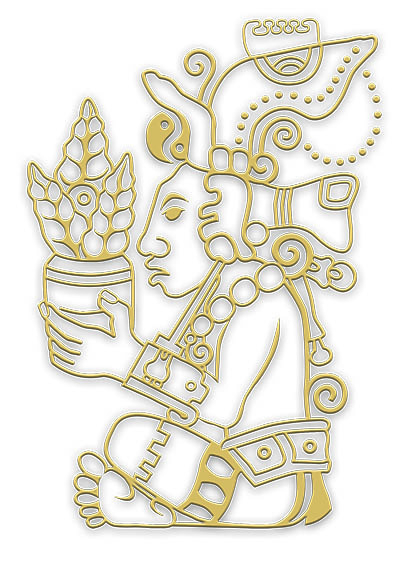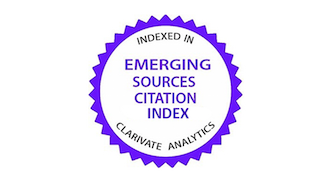Gobernanza para la Adaptación basada en Ecosistemas (AbE) para pequeños caficultores de América Central
Palabras clave:
adaptación al cambio climático, política ambiental, análisis de redes, agriculturaResumen
Introducción. Las prácticas agrícolas basadas en el buen manejo de los ecosistemas son promovidas como una buena estrategia de adaptación para las actividades productivas de pequeños caficultores en la región Centroamericana. La diseminación de la información sobre innovaciones, técnicas, instrumentos, etc. entre las organizaciones y productores es clave para expandir y consolidar el uso de estas prácticas. Objetivo. El objetivo de este estudio fue identificar la estructura de la gobernanza para ampliar y consolidar el uso de prácticas de Adaptación basada en Ecosistemas (AbE) en agricultura. Materiales y métodos. Se analizaron tres paisajes productivos distribuidos en tres países (Honduras, Guatemala y Costa Rica), caracterizados por la dedicación a la caficultura de pequeña escala. Para cada uno de estos paisajes se identificaron los actores que intercambian información entre la escala nacional y el nivel de los productores. Se aplicaron entrevistas para caracterizar los flujos de información y su posible relevancia para promover la AbE en los sistemas productivos de los productores cafetaleros. Resultados. Se identificaron tanto actores claves como vacíos en la red de organizaciones que inhiben la transmisión de información entre escalas y sectores. En Costa Rica, la capacidad de intermediación de información a través de sectores y escalas es repartida entre entidades estatales y organizaciones de productores competitivas. En Honduras, las capacidades de intermediación están repartidas entre algunas organizaciones de la sociedad civil que trabajan a niveles locales cerca a los productores y organizaciones gubernamentales que trabajan a nivel nacional. En Guatemala, las capacidades de intermediación están principalmente repartidas entre organizaciones gubernamentales, de la sociedad civil y privadas principalmente a nivel nacional. Conclusión. El análisis de redes en estos paisajes cafetaleros sugiere que los tres países cuentan con una institucionalidad similar en el sector cafetalero; en dos de ellos, la diseminación de información para promover la AbE beneficiaría a escalas intermedias y locales para promover aprendizaje entre los productores.
Descargas
Publicado
Cómo citar
Número
Sección
Licencia
1. Política propuesta para revistas de acceso abierto
Los autores/as que publiquen en esta revista aceptan las siguientes condiciones:
- Los autores/as conservan los derechos morales de autor y ceden a la revista el derecho de la primera publicación, con el trabajo registrado con la licencia de atribución, no comercial y sin obra derivada de Creative Commons, que permite a terceros utilizar lo publicado siempre que mencionen la autoría del trabajo y a la primera publicación en esta revista, no se puede hacer uso de la obra con propósitos comerciales y no se puede utilizar las publicaciones para remezclar, transformar o crear otra obra.
- Los autores/as pueden realizar otros acuerdos contractuales independientes y adicionales para la distribución no exclusiva de la versión del artículo publicado en esta revista (p. ej., incluirlo en un repositorio institucional o publicarlo en un libro) siempre que indiquen claramente que el trabajo se publicó por primera vez en esta revista.
- Se permite y recomienda a los autores/as a publicar su trabajo en Internet (por ejemplo en páginas institucionales o personales) antes y durante el proceso de revisión y publicación, ya que puede conducir a intercambios productivos y a una mayor y más rápida difusión del trabajo publicado (vea The Effect of Open Access).
























